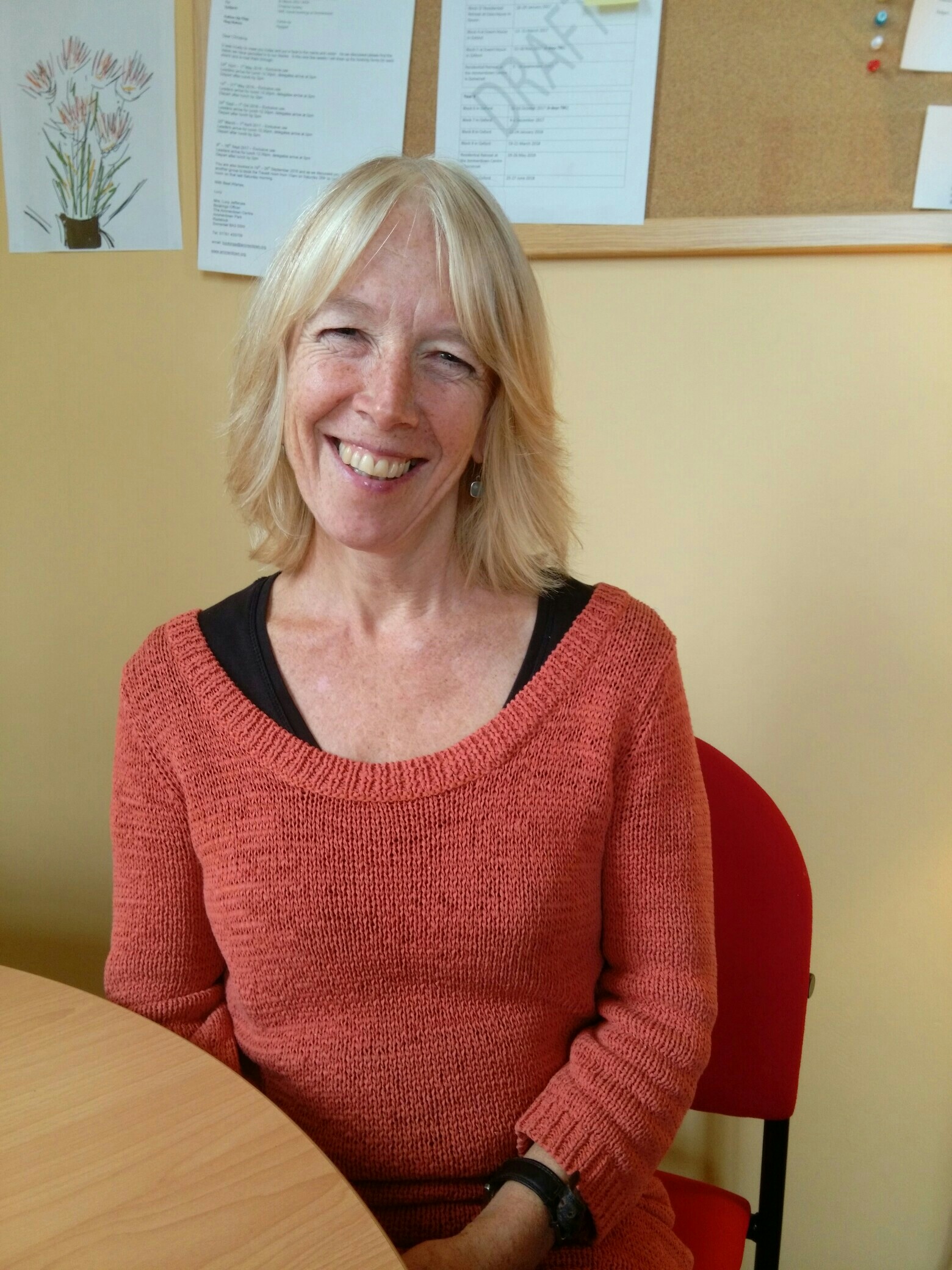Join this mindfulness course for Visual Snow Syndrome (VSS) and discover how mindfulness can help you manage symptoms, reduce anxiety, and improve your quality of life. This course is designed for people living with VSS who want to take an active role in their well-being.
MBCT for Visual Snow Syndrome: Evidence-Based Support
MBCT for Visual Snow Syndrome (MBCT-vision) is an adaptation of the proven Mindfulness-based Cognitive Therapy (MBCT) programme, with the support from neurologist and neuro-ophthalmologist, Dr. Sui Wong. MBCT is recommended by the UK’s National Institute for Health and Care Excellence (NICE) and has shown benefits for conditions such as health anxiety and IBS – both of which share features with VSS.
We are now researching its application to VSS, and early results are promising.
This structured course is delivered weekly and combines mindfulness meditation and cognitive exercises to help you:
- Develop a kinder, more accepting relationship with visual disturbances
- Reduce the sense of threat and preoccupation symptoms can create
- Restore balance and well-being through mindful awareness
When VSS symptoms are intense – sometimes alongside other sensory disturbances – they can feel overwhelming or even threatening. It’s common for the mind to become preoccupied with questions like “What does this mean?” or “Will it ever go away?” This constant monitoring can heighten anxiety and low mood, which understandably impacts well-being. MBCT-vision offers practical skills to step out of this cycle and relate to symptoms in a more balanced way.
Skills You’ll Gain in This Mindfulness Programme for Visual Snow
- Stabilise attention: to recognise mind wandering and ‘autopilot’ and return your attention to where you’d like it to be – with interest, patience, and care.
- The ability to observe symptoms without automatically engaging with them
- Recognise patterns of mind and reactivity – and how trying to get rid of distress may actually keep us stuck
- Bring a sense of care and kindness to ourselves in moments of difficulty
- Appreciate other aspects of life, even when symptoms are present
- Step back a little from direct experience so that we can see it more clearly, and so choose a kinder response
What to expect on this course
- Format: Group sessions led by Christina
- Duration: 8 weekly sessions (1.75 hours each; first session is 2 hours)
- Content: Guided mindfulness practices, cognitive exercises, and group reflection on practice (not personal history)
- Home Practice: Suggestions of up to 40 minutes daily – both as guided practices and ways to cultivate mindful habits in your daily life. Guided resources are provided.
- Support: Access to audio practices and written materials
Each weekly session builds upon what’s been introduced before – so it’s important to attend the whole course.
Full course dates
The dates sessions are running for this course are:
- Session 1: 6th January 2026
- Session 2: 13th January 2026
- Session 3: 20th January 2026
- Session 4: 27th January 2026
- Session 5: 3rd February 2026
- Session 6: 10th February 2026
- Session 7: 17th February 2026
- Session 8: 24th February 2026
- Practice Session: 14 February 2026 (16:00-19:30 UK Time)
What others have said about our courses
“I’ve heard words, had experiences, connected with my body and self in ways that have helped me to be kinder to myself and to others… What you offer is an exceptional gift and my hope is that many, many more people can be taught as well. Thank you.”
“Thank you for a wonderful opportunity to learn these invaluable life skills. There really aren’t words to describe what an incredible gift you have given me.”
“I came on this course wishing to further my understanding of mindfulness, becoming ‘better’ at longer practices and making mindfulness practice a more integral part of my life. What I gained was far deeper that than. It became a much more ‘embodied’ experience rather than an analytical one. I connected with aspects of myself that I hadn’t connected with before or for a long time. I felt the experience… It was also fantastically taught. Thank you.”
“For me, this has been an emotional and personal journey. I had no real expectation of the course and am so amazed how enlightening it has been. The course structure has particularly helped the learning and understanding of mindfulness – building everything up each week. The most valuable aspects for me have been changing how I react to things and feeling as though I’m not alone when we shared comments in the group.”
What you can do after this course
Once you’ve completed the MBCT-vision course, you might choose to explore mindfulness further through the 8-session Deeper Mindfulness, or the 12-session Taking it Further course.
You might also want to join our live online meditations sessions to maintain your practice or one of our monthly day retreats (Day of Practice).
Entry criteria – who can apply for this course?
You can apply to this course if you:
- Experience symptoms of Visual Snow Syndrome and wish to explore mindfulness for symptom management and well-being support
- Can commit to attending all 8 sessions of the programme and the Day of Practice
- Have both the time and motivation to dedicate up to 45 minutes of personal practice each day
- Are over 18 years of age
- Have access to suitable technology (laptop/PC), a strong and stable internet connection, a private space and the technical ability to join an online training programme via Zoom
- Are able to speak and understand the English language (both spoken and written) to a level where you can fully take part in the course without the need for additional translation support

